– guest: Jennifer Hashley
FORCES-OF-NATURE
A talkshow miniseries featuring dynamic leaders from across food & environmental movements. Tune-in for a dose of optimism.
FORCES OF NATURE
miniseries
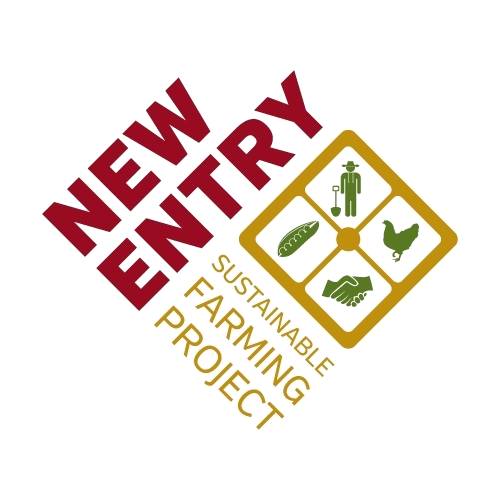
Jennifer Hashley
New Entry Sustainable founder & Local Farming Pioneer
–
–
6-part series

.

Jennifer Hashley · Your Friendly Neighborhood Superhero · episode 112
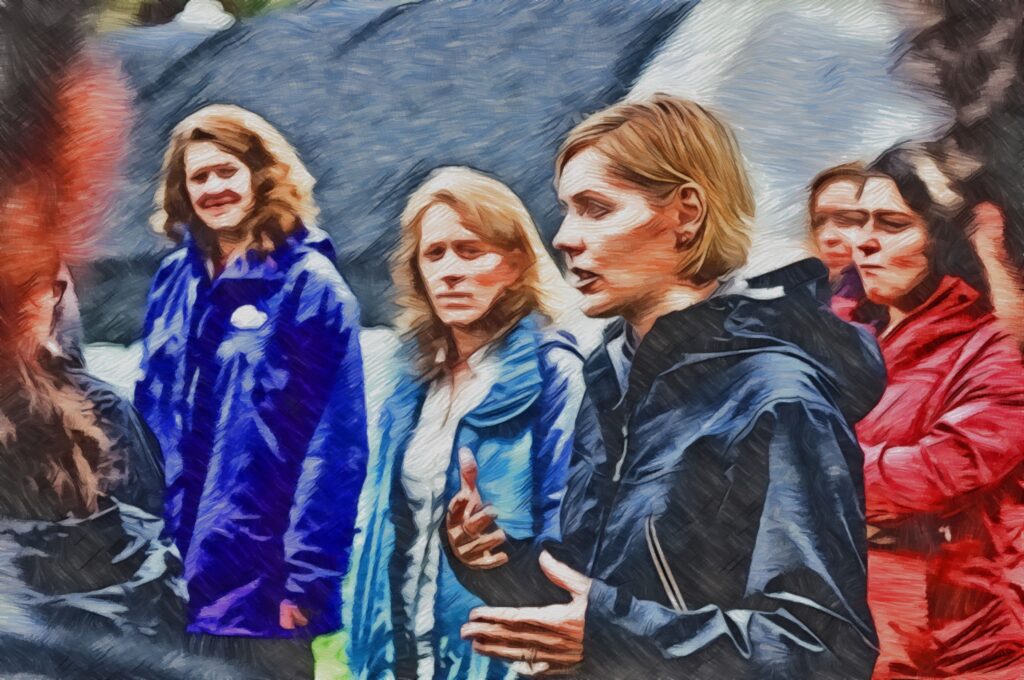
–
by: Aaron Niederhelman
A LOCAL FOOD SUPERHERO
SOURCING MATTERS
Rooted in the Tufts Friedman School of nutrition, the New Entry Sustainable Farming Project is one of the first initiatives nationwide to help immigrants and refugees develop commercial farming opportunities. Change-agent Jennifer Hashley grew New Entry into a sustained effort while she was getting her Master’s in Agriculture and Public Policy at Tufts. The goal since the beginning has been to help farmers thrive in the fields, the office and within their communities. Today, 25 years later and New Entry has established a framework that will teach anyone that’s ready to learn how to operate a successful sustainable farming business.
–
New Entry is teaching an approach to farming that could eventually become the model that everyone uses to produce food in the future. A model that is smaller scale, regional, diversified and using production that is bathed in ecological best practice.
–
Each and every food purchase from these farms is a circular dollar spent in local economies. Jobs are created, and in using this production approach the land, natural resources and nature are looked after in more responsible manner. New Entry farms are also beneficial in dealing with food waste, water and this healthy farmland sucks down and stores carbon. Additionally, farming the landscape to combat climate change is real, and as a whole local food is significantly less taxing on the environment as compared to conventional. The biggest win of all is the opportunity for more community members to eat more fresh and nutrient dense foods from nearby farms.
–
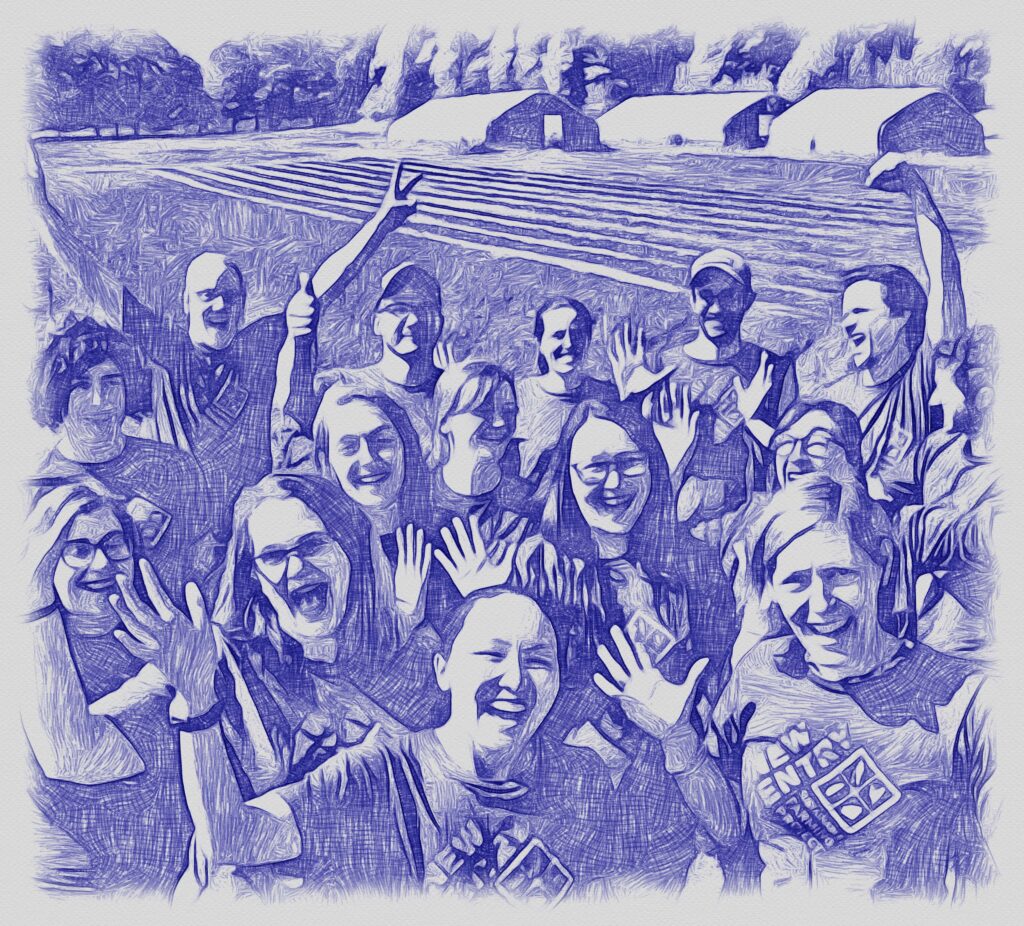
–
For others, with current geo-political instability and what was exposed as weak spots in global food supply chains during COVID, local food from regional production is actually all about guaranteeing food security for the future. More New Entry farmers on local lands helps with food surplus for any region or community. Local food is also about stability. After all, “Every society is (only) three meals away from chaos.”
–
The long and short of it, New Entry brings contemporary farmers up to speed. Jennifer has developed a system that is chock-full of creative ways to gain land access, grants and funding programs. She help farmers work with multipliers, to figure out distribution and value-ad, and they offer a network to help with staffing. This all adds up to capacity building of local and regional food production. Here we have a trained workforce that is champing at the bit to work their butts off. What’s needed is access to good land, some capital, and a community commitment to make it all grow. New Entry is infrastructure that will change food system by serving the needs and interests of this vested communities of eaters. So, tune in to hear how Jennifer is making it all happen…
–
–
–
–
WELCOME TO MY KITCHEN – VIDEO TALK SHOW SERIES

.
.
KICKING BUTT FOR A QUARTER CENTURY
Jennifer Hashley is the Trisha Pérez Kennealy and Michael Kennealy Director for New Entry Sustainable Farming Project (NESFP). Prior to becoming Director in 2006, Jennifer was the New Entry Project Coordinator for five years. Jennifer is a leader expert in local food systems work focusing specifically on beginning farmer development.
–
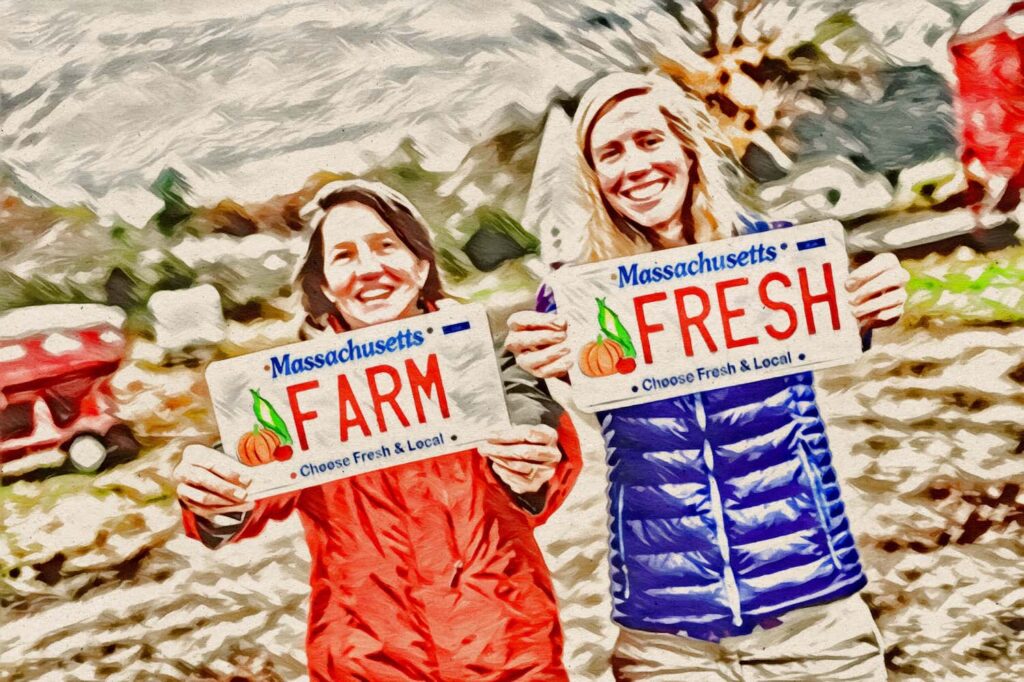
“Food security, civic engagement, social welfare, local dollars spent, fresher and higher-value nutrient dense foods (which is preventative health care, of course) and smart land use in your area is all being wrapped up by a movement of food as climate action. It’s right at the threshhold for local food,” explains Hashley.
–
Hashley’s role at New Entry has included building community partnerships, developing new programs and services, mentoring and supporting project staff, securing sustainable resources for all program operations, writing grants, strategic planning, and overseeing incubator training farm site infrastructure and a multi-year sustainable agriculture training curriculum in specialty crops and livestock production for limited resource farmers.
Where most see only the obstacles, Jennifer views hope and potential in the future of food. Jennifer is nothing short of an inspiration and a true force-of-nature.
–
–
INSIDER’S CORNER: institutional investors, public & private endowments, patient capital and family offices – owning the land that could be farmed by New Entry trained management teams is an investment opportunity of a lifetime! It’s a triple-bottom line impact investment that helps communities, and offers monitory reward via capital appreciation of the land, and cash-flow from differentiated products hitting the market. There are all kinds of wins for stakeholders supporting New Entry farms and farmers.
–
–
the local,
neighborhood,
& community
FOOD SUPERHEROES
–
FOOD PRODUCTION OF TOMORROW
For four years we’ve been on a listening tour with Sourcing Matters discussions. We’ve welcomed some of the greatest minds and innovators to chat about how to best manage the planet with future food production. We tapped into all kinds of diverse fields of study and focus areas. Every episode we’ve talked about food, agriculture, resource management and planetary stability. The consensus for how to move forward may not be what you’d expect. As it turns out, most agree that the future of food production must become based on more local foods coming from regional farms. That’s it. That’s the arena for food systems change.
–
Jennifer Hashley has joined many of these conversation as a Sourcing Matters co-host. Her breadth of knowledge, nuanced understanding of the current state of affairs and a vision for the future is welcomed as trusted voice with the chops of getting things done. For more from Jennifer Hashley – lend an ear to these select episodes:
–
ep. 44: MARION NESTLE: Waste not, Want Not
ep. 67: GOV. CHRISTINE WHITMAN: EPA & Fluid Politics
ep. 78: PAUL RICE: Fair Trade for all
—
—
–
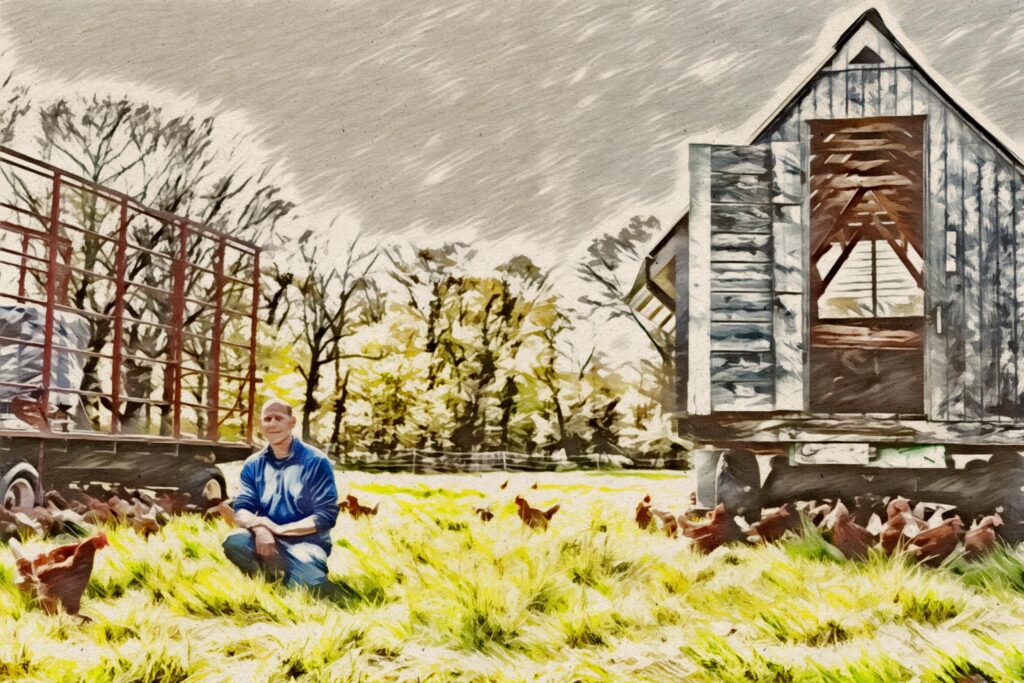
–
BETTER FOOD FOR A BETTER LIFE
With her husband Pete, Jennifer oversees a diversified pasture based livestock operation on the the renowned Codman Community Farm in Lincoln MA. They’ve also built the recognized brand ‘Pete and Jen’s Backyard Birds’ known for supreme quality, clean production, humane treatment and for delivering all around delicious proteins.
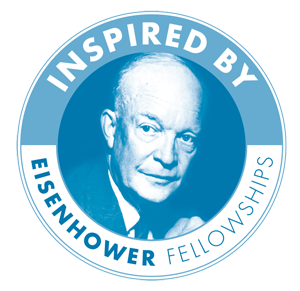
Jennifer has earned leadership awards for her food systems work, was selected as an Environmental Leadership Fellow, and an Eisenhower Agriculture Fellow. Along with those Master’s degrees from Tufts University – she holds a Certificate in Management of Community Organizations from Tufts University, a Certificate in Ecological Horticulture from UC, Santa Cruz, and a B.S. in Environmental Science and Public Policy from Indiana University.
She serves on the board of the Carrot Project, a small-farm financing nonprofit, and on the board of the Urban Farming Institute of Boston. Jennifer is also an advisor to many state and regional food systems projects addressing agricultural policy issues.
.
.
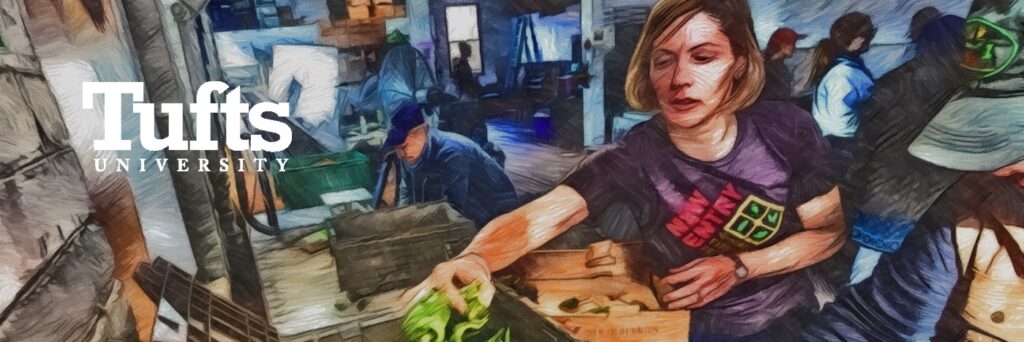
.
.
We are a beginner farmer training program. We can get people excited, they are passionate, they see a vision, they want to grow food, they want to steward the land, they want to feed their community. They want to contribute to society, but they burn out because they are not making enough money to live. To me, that is very scary. What are we doing to change that?!”

–
– Jennifer Hashley, episode 112 guest
.
.
.
FORCES OF NATURE
Jennifer Hashley
Your Local,
Neighborhood,
& Community
Food SuperHero
–
–
CALL TO ARMS
Jennifer is optimistic for the future. She wants you to share in her vision of stability through focus on production of good local food. Her call to action is to simply support the things that we believe in. Use your purchasing power of this good local food as a way to exercise those beliefs. When more of this is done in your community, more folks that you care about will benefit. That’s actually true for any community that gets a New Entry farmer to start farming for them. She’s got the IP to train a workforce and drive food systems change. So, time to break some bread with Jennifer and find out how to light this local food candle! Who wants in?
–
twitter: @JHashley
–
photo credit: Angela Klempner || NESFP || TUFTS ||
–
.
FORCES OF NATURE – series
As part of the FORCES OF NATURE series, in this episode you’ll hear from inspiring folks making good things happen to benefit the world.
.
–
.

until the next drop…

.
.
.
,.




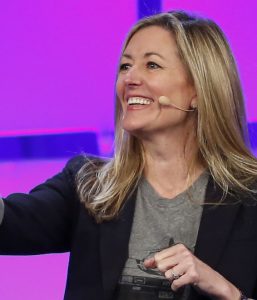 Prior to her current work, Kathleen served as a lead organizer of The Engine, an MIT initiative created to advance innovation. This venture fund and accelerator program was created to provide comprehensive support to transformative ideas from the formative stage to their most effective implementation. Kennedy was also awarded the Folio: 40, which recognizes the most innovative and influential people in the media industry, and named by the Harvard Club as one of Boston’s Most Influential Women of 2017.
Prior to her current work, Kathleen served as a lead organizer of The Engine, an MIT initiative created to advance innovation. This venture fund and accelerator program was created to provide comprehensive support to transformative ideas from the formative stage to their most effective implementation. Kennedy was also awarded the Folio: 40, which recognizes the most innovative and influential people in the media industry, and named by the Harvard Club as one of Boston’s Most Influential Women of 2017.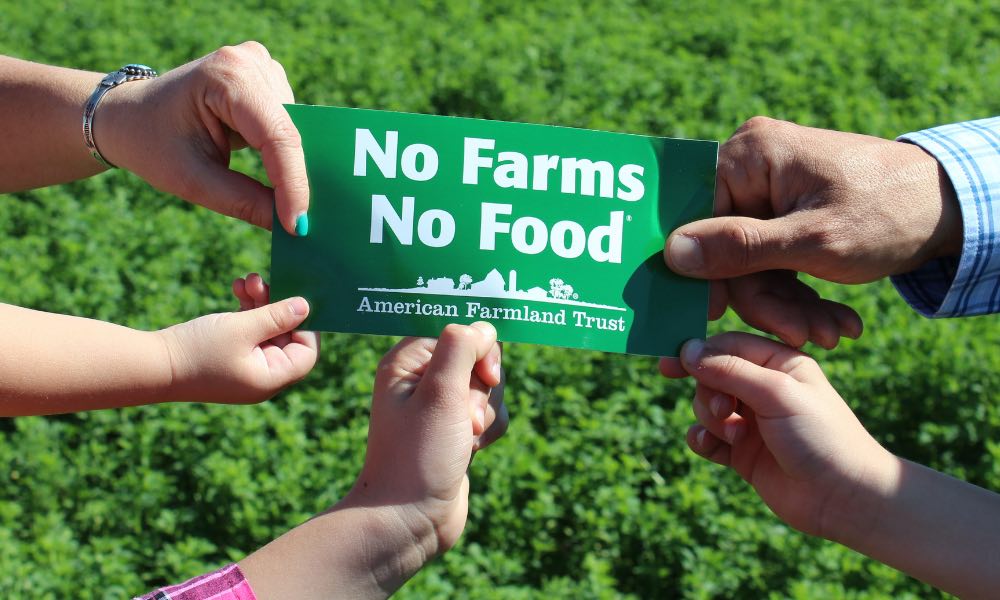
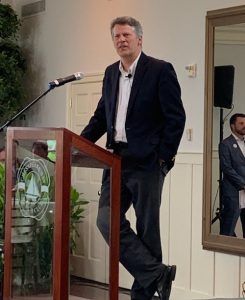 John Piotti joined American Farmland Trust as president and CEO in July 2016, bringing more than 25 years of executive management and public policy experience to the organization. Prior, John served as president and CEO of Maine Farmland Trust for 10 years. Under his leadership, Maine Farmland Trust became an award-winning statewide nonprofit organization, helping over 500 Maine farms remain viable. Piotti has earned a reputation as a nonpartisan problem-solver; as a Statesman, an Eisenhower Fellow – and – as a leader in future food that has helped stabilize a regional dairy industry, and procure funding to protect working waterfronts & our natural lands. John holds three degrees from the MIT, in engineering, public policy, and management.
John Piotti joined American Farmland Trust as president and CEO in July 2016, bringing more than 25 years of executive management and public policy experience to the organization. Prior, John served as president and CEO of Maine Farmland Trust for 10 years. Under his leadership, Maine Farmland Trust became an award-winning statewide nonprofit organization, helping over 500 Maine farms remain viable. Piotti has earned a reputation as a nonpartisan problem-solver; as a Statesman, an Eisenhower Fellow – and – as a leader in future food that has helped stabilize a regional dairy industry, and procure funding to protect working waterfronts & our natural lands. John holds three degrees from the MIT, in engineering, public policy, and management.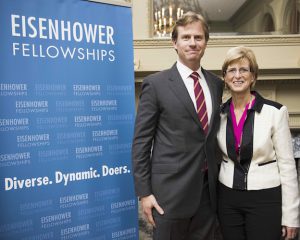 Governor Whitman is American Republican politician and author who served as the 50th Governor of New Jersey, from 1994 to 2001, and was the Administrator of the Environmental Protection Agency (EPA) in the administration of President George W. Bush from 2001 to 2003. Whitman was New Jersey’s first and, to date, only female governor, and also the first Republican woman to be reelected governor. Governor Christine Whitman is currently President of The Whitman Strategy Group (WSG), a consulting firm that specializes in energy and environmental issues.
Governor Whitman is American Republican politician and author who served as the 50th Governor of New Jersey, from 1994 to 2001, and was the Administrator of the Environmental Protection Agency (EPA) in the administration of President George W. Bush from 2001 to 2003. Whitman was New Jersey’s first and, to date, only female governor, and also the first Republican woman to be reelected governor. Governor Christine Whitman is currently President of The Whitman Strategy Group (WSG), a consulting firm that specializes in energy and environmental issues.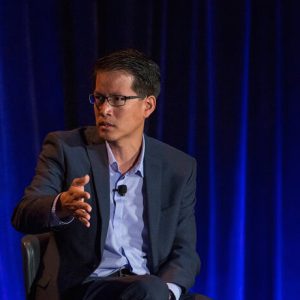 Until 2014, Stacey served as the managing director of the health care practice at
Until 2014, Stacey served as the managing director of the health care practice at 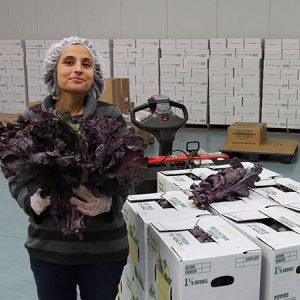
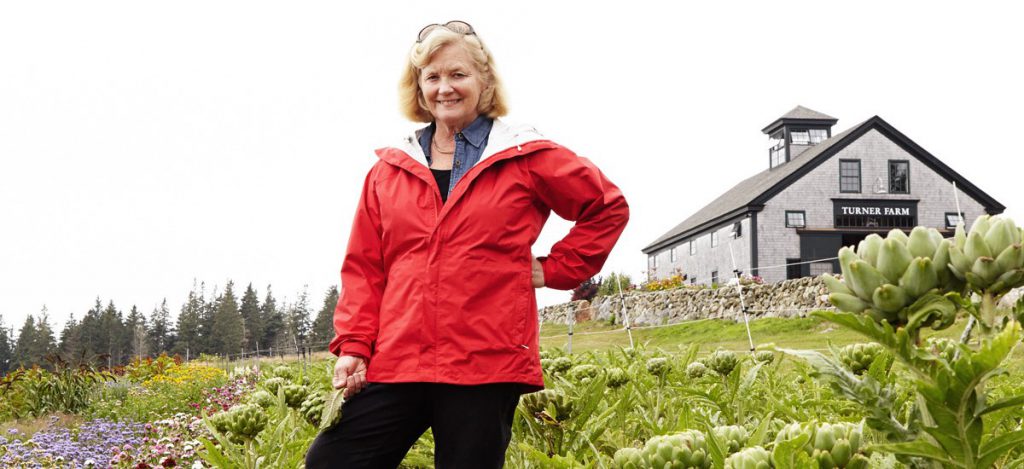
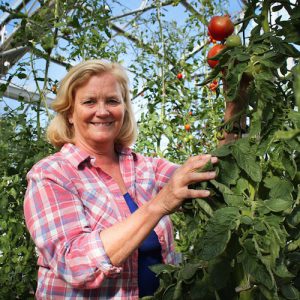 Truth is, a good portion of our discussion focused on the beautiful State of Maine. Once, and what could again be the fulcrum of the regional food system of the Northeast, Maine has an agricultural linage dating back to the beginning of the Union. 3500 miles of coastline boasting access to a bounty of some of the cleanest waters and seafood in the world. Through this, Maine could cast a long shadow in future bio-regional economies. Pingree embraces systems thinking on her farmstead & Inn in Maine, and in the other House – on The Hill, 600 miles south.
Truth is, a good portion of our discussion focused on the beautiful State of Maine. Once, and what could again be the fulcrum of the regional food system of the Northeast, Maine has an agricultural linage dating back to the beginning of the Union. 3500 miles of coastline boasting access to a bounty of some of the cleanest waters and seafood in the world. Through this, Maine could cast a long shadow in future bio-regional economies. Pingree embraces systems thinking on her farmstead & Inn in Maine, and in the other House – on The Hill, 600 miles south.
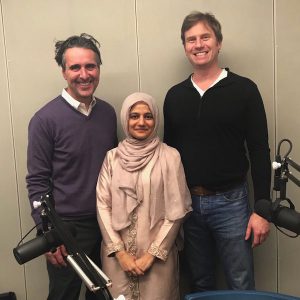

 Through the vertical integration of their thriving Oyster farms, a successful distribution company and world-renowned retail outlets – these “New American Farmers” have developed a sustainable model of sustenance and jobs for their community in Massachusetts, and the North Atlantic. Levering these ocean smarts to do greater good, Chris also curates the Island Creek Oyster Foundation, a non-profit which has codified a replicable model of aquaculture for the developing world.
Through the vertical integration of their thriving Oyster farms, a successful distribution company and world-renowned retail outlets – these “New American Farmers” have developed a sustainable model of sustenance and jobs for their community in Massachusetts, and the North Atlantic. Levering these ocean smarts to do greater good, Chris also curates the Island Creek Oyster Foundation, a non-profit which has codified a replicable model of aquaculture for the developing world.